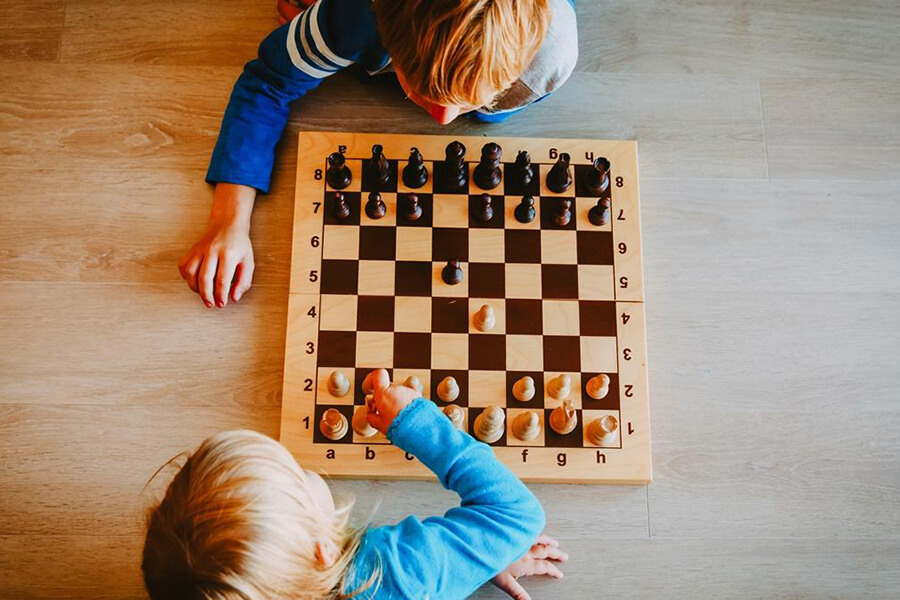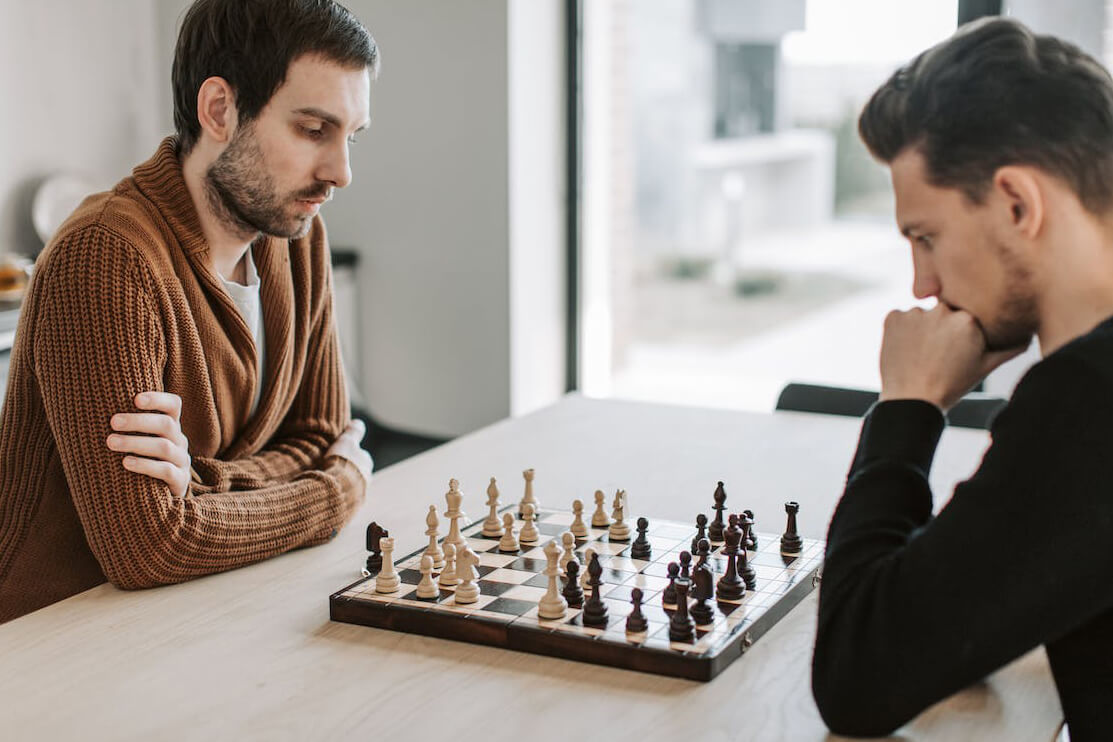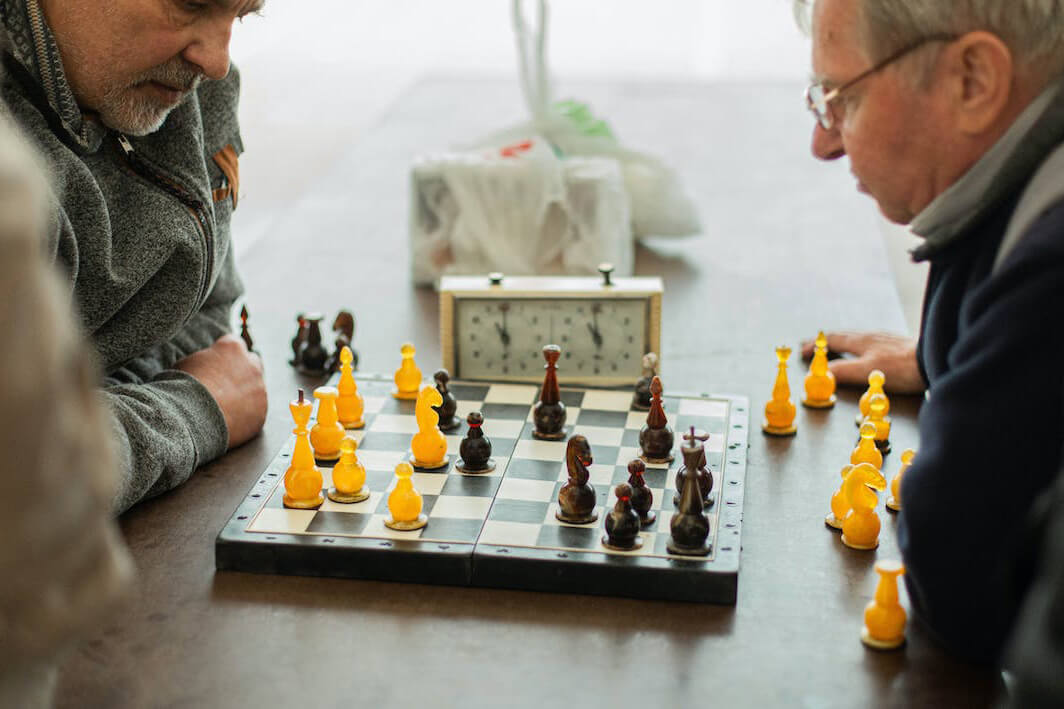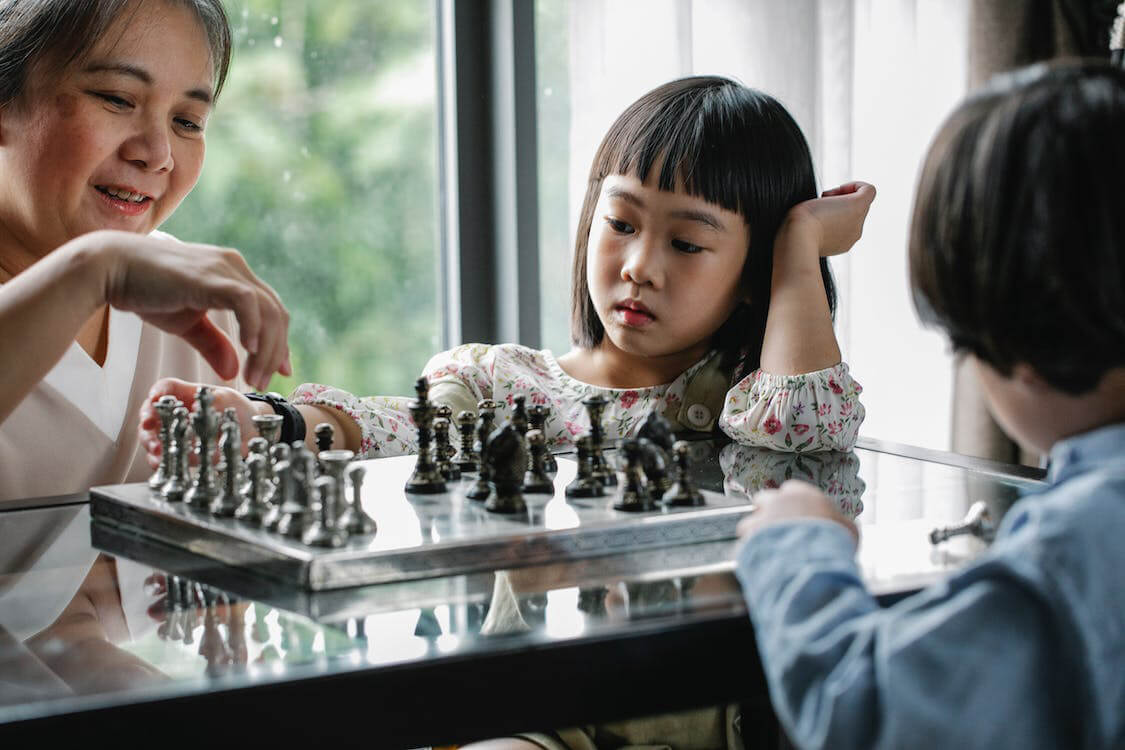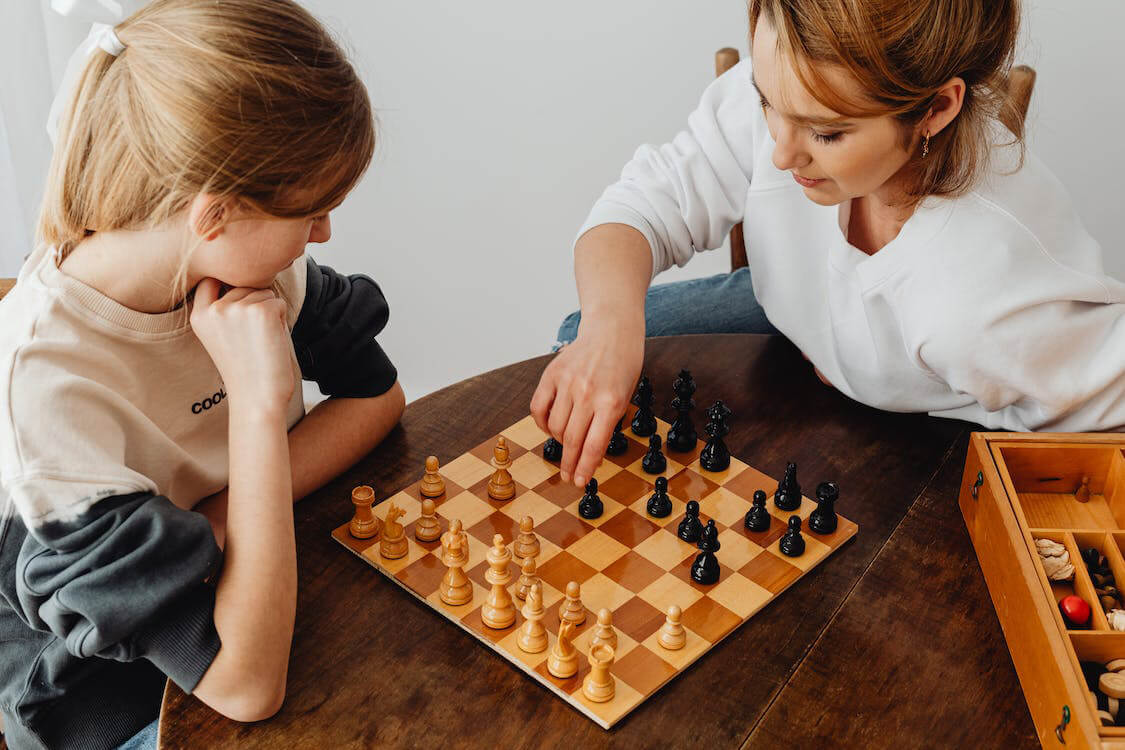No products in the cart.
Chess News, Events & Blogs
Benefits of Playing Chess | Top 6+ Surprising Things You Should Know
Unleash your inner grandmaster and discover the countless benefits of playing chess! From improving critical thinking skills to reducing stress and anxiety, this ancient game has been proven to have a wide range of benefits for players of all ages and skill levels. In this article, we’ll delve into the science behind the benefits of playing chess for both our mental health and brainpower.
Table of Contents
Developing Critical Thinking and Problem – Solving Skill
Critical thinking skill is essential for success in all areas of life. The ability to analyze information, evaluate arguments, and make reasoned judgments is crucial for making informed decisions. Playing chess can help develop critical thinking skills by forcing players to think strategically. One of the most important aspects of chess is the ability to think ahead. Players must be able to anticipate their opponent’s moves and plan their own moves accordingly. As players become more experienced, they develop the ability to analyze different scenarios and make informed decisions based on the information available.
Problem-solving is another crucial skill that can be developed through playing chess. In chess, players are constantly faced with new challenges and obstacles that require creative solutions. Players must be able to analyze the board, identify potential problems, and come up with effective solutions.
Increasing The Patience
Playing chess is an excellent way to develop patience, as the game requires a lot of practice, dedication, and the ability to learn from mistakes. Chess is a slow-paced game that requires players to think carefully about each move. This can be frustrating at times, but it also teaches them the importance of taking their time and thinking things through. Playing chess also helps develop discipline and dedication because it requires a lot of practice in order to improve, and players must be willing to put in the time and effort to achieve their goals. This requires discipline and a strong work ethic, which are essential traits for success in all areas of life.
As players gain experience, they learn to recognize their mistakes and come up with effective strategies to avoid making the same in the future. Chess also helps develop resilience, which is an important component of patience. Resilience is the ability to bounce back from setbacks and keep working towards a goal even when progress is slow.
Balancing Between Emotions and Logics
Playing chess is not only an enjoyable pastime but can also help individuals achieve a balance between emotions and logic. The game requires players to use both their emotional and logical thinking to be successful, and this balance can be applied to real-life situations.
The players need to have a great deal of strategic thinking, problem-solving, and planning. However, chess is also a game of emotions so they must manage their emotions and stay calm under pressure. Emotions such as fear, anger, and frustration can cloud a player’s judgment and negatively impact their ability to make sound decisions. It is necessary to control their emotions, stay focused, and remain objective to reach success in the game. This balance can be applied to everyday life situations. It is important to make rational decisions based on logical thinking, but it is equally important to consider feelings when making decisions. Ignoring emotions can lead to negative consequences such as regret while ignoring logic can lead to poor decision-making and negative outcomes.
Enhancing The Memory
Playing chess can also have a positive impact on an individual’s memory, as it requires the use of various cognitive skills that are crucial for memory formation and retention. Chess players must remember the moves they have made, anticipate their opponent’s moves, and plan ahead. This mental exercise helps to enhance memory function and improve overall cognitive abilities. Additionally, playing chess requires players to focus and pay attention to the game, which is essential for memory consolidation.
Research has shown that playing chess can improve memory, particularly in older adults. One study found that playing chess for just 30 minutes a day can increase brain activity and improve memory recall. This is because chess engages various parts of the brain that are important for memory, including the prefrontal cortex, parietal cortex, and temporal cortex. Moreover, playing chess has been found to have long-term benefits for memory. As individuals continue to play chess regularly, they develop cognitive abilities that can help prevent memory decline and dementia in later life. In fact, chess has been found to be one of the most effective cognitive exercises for older adults.
Building Communities and Fostering Connections
Chess is not just a game of strategy and intellect, but it is also an activity that can bring people together and build communities. Playing chess provides an opportunity for people to connect with each other, form friendships, and share their passion for the game. Chess clubs and tournaments are common in many communities, and they provide a platform for players to interact, learn more, and compete against each other. These events are also a great way to meet new people and form connections with others who share a common interest.
Moreover, playing chess can be an excellent way to bring together people of different ages and backgrounds. It is a game that can be enjoyed by individuals of all ages, from children to seniors, and it is also a game that can be played regardless of cultural or linguistic differences. Playing chess can also be an effective way to build teamwork and social skills. Many chess tournaments are team-based, and players must work together to achieve success. This requires effective communication, collaboration, and a willingness to support each other.
Chess and Stress: How This Game Can Help Reduce Anxiety and Promote Relaxation
Stress is a common problem in today’s fast-paced world, and many people struggle to find effective ways to manage it. While there are many different approaches to managing stress, one activity that has been shown to be effective is playing chess. Chess is a game that requires focus, concentration, and strategy. When you play chess, you are forced to slow down and focus on the task at hand. This can be a great way to reduce stress and promote relaxation, as it allows you to disconnect from the distractions and pressures of everyday life.
In addition, playing chess can be a great way to take a break from work or other responsibilities. When you play chess, you are engaging in an activity that is enjoyable and stimulating, which can be a great way to take your mind off of stressors and recharge your batteries. Furthermore, playing chess can be a social activity, which can also help reduce stress. You will have the opportunity to connect with them and build relationships. This can be a great way to combat feelings of loneliness or isolation, which can contribute to stress and anxiety. Finally, playing chess can be a way to build confidence and self-esteem. When you successfully navigate a game of chess, it can give you a sense of accomplishment and boost your self-esteem.
Playing chess offers numerous benefits, including enhancing critical thinking, improving memory and concentration, and developing strategic planning skills. And what better way to indulge in this timeless game than with a unique chess set? A unique chess set can add an element of novelty and excitement to your game, making it even more enjoyable. Whether it’s a hand-carved wooden set, a set with intricate details, or a set made of unconventional materials, a unique chess set can make your playing experience all the more special. It can also be a great conversation starter and a beautiful decorative piece for your home. So if you’re looking to take your chess game to the next level, consider investing in a unique chess set that suits your style and personality.

